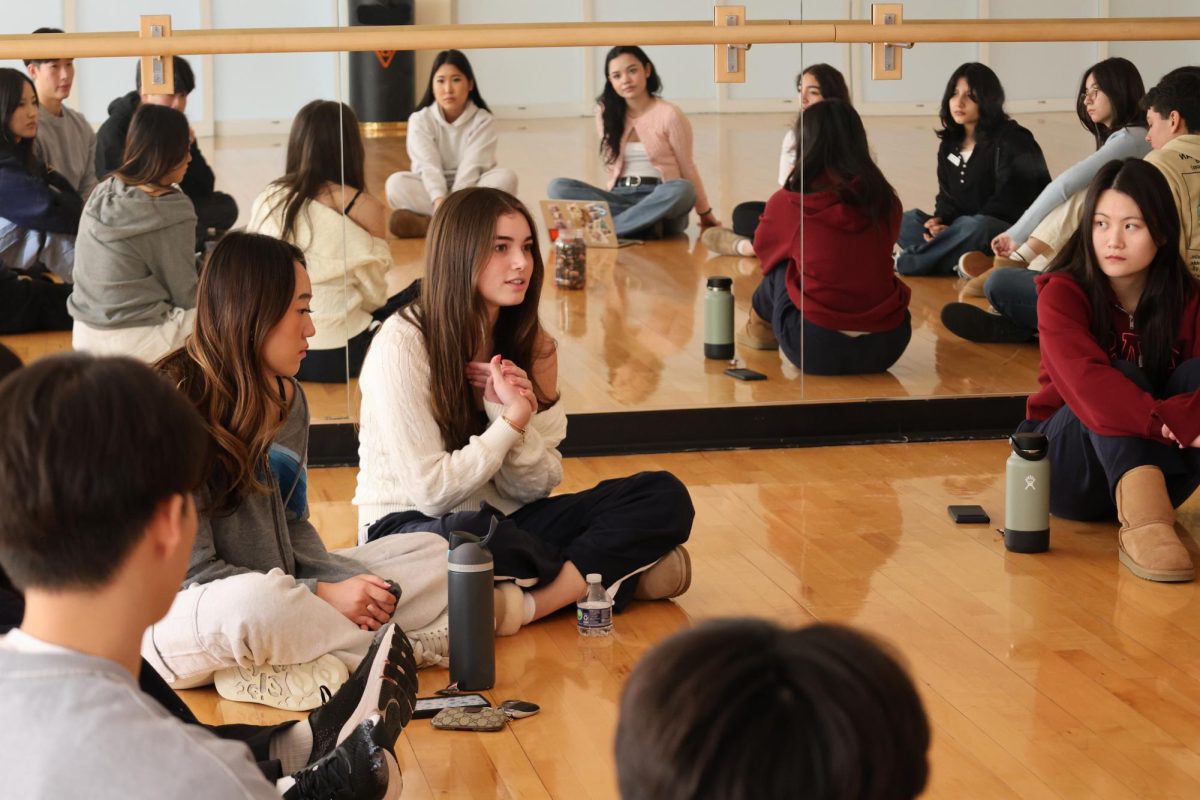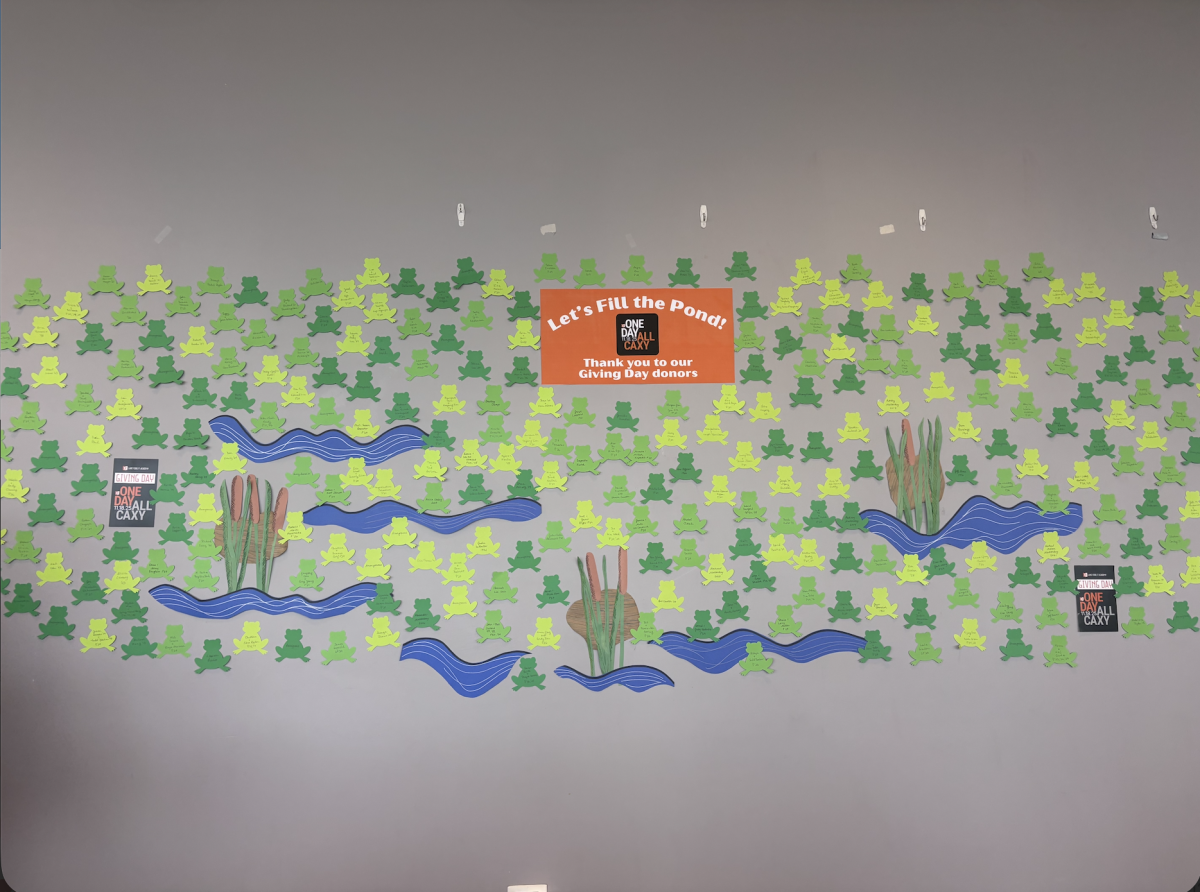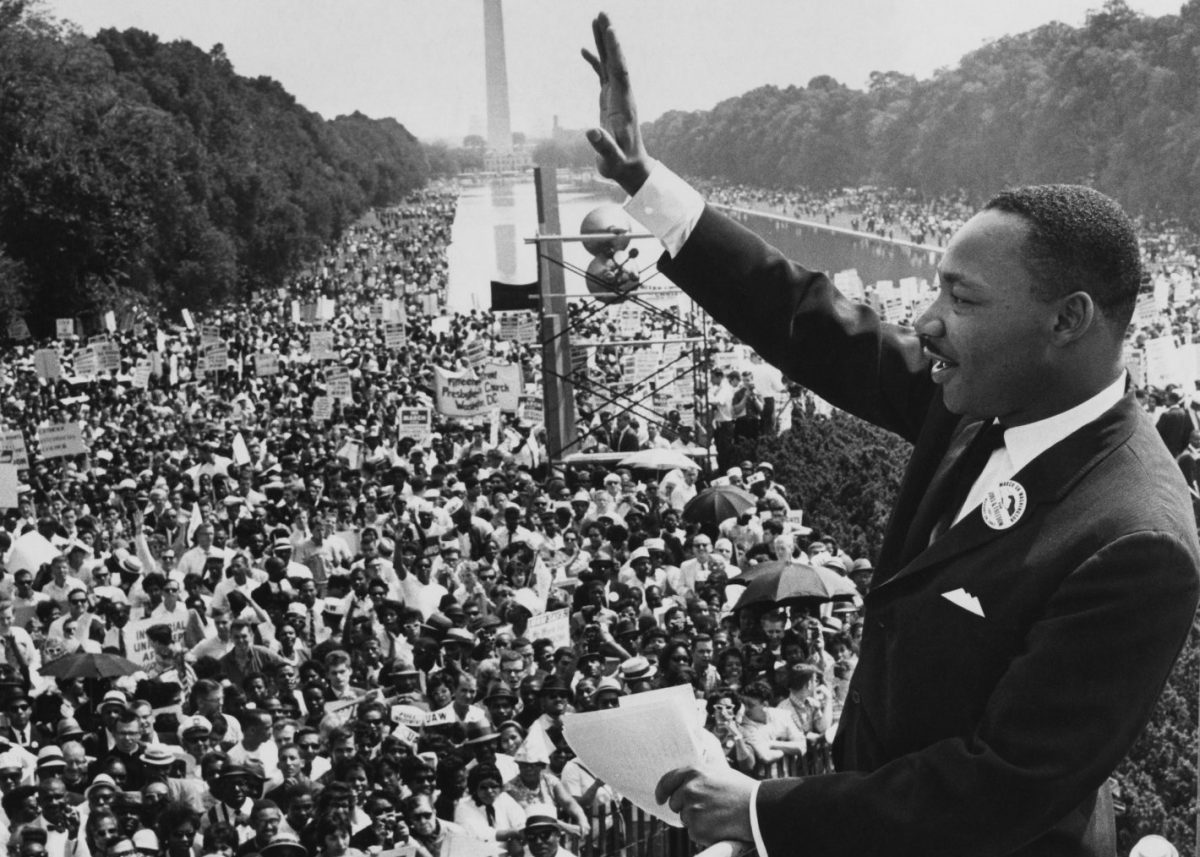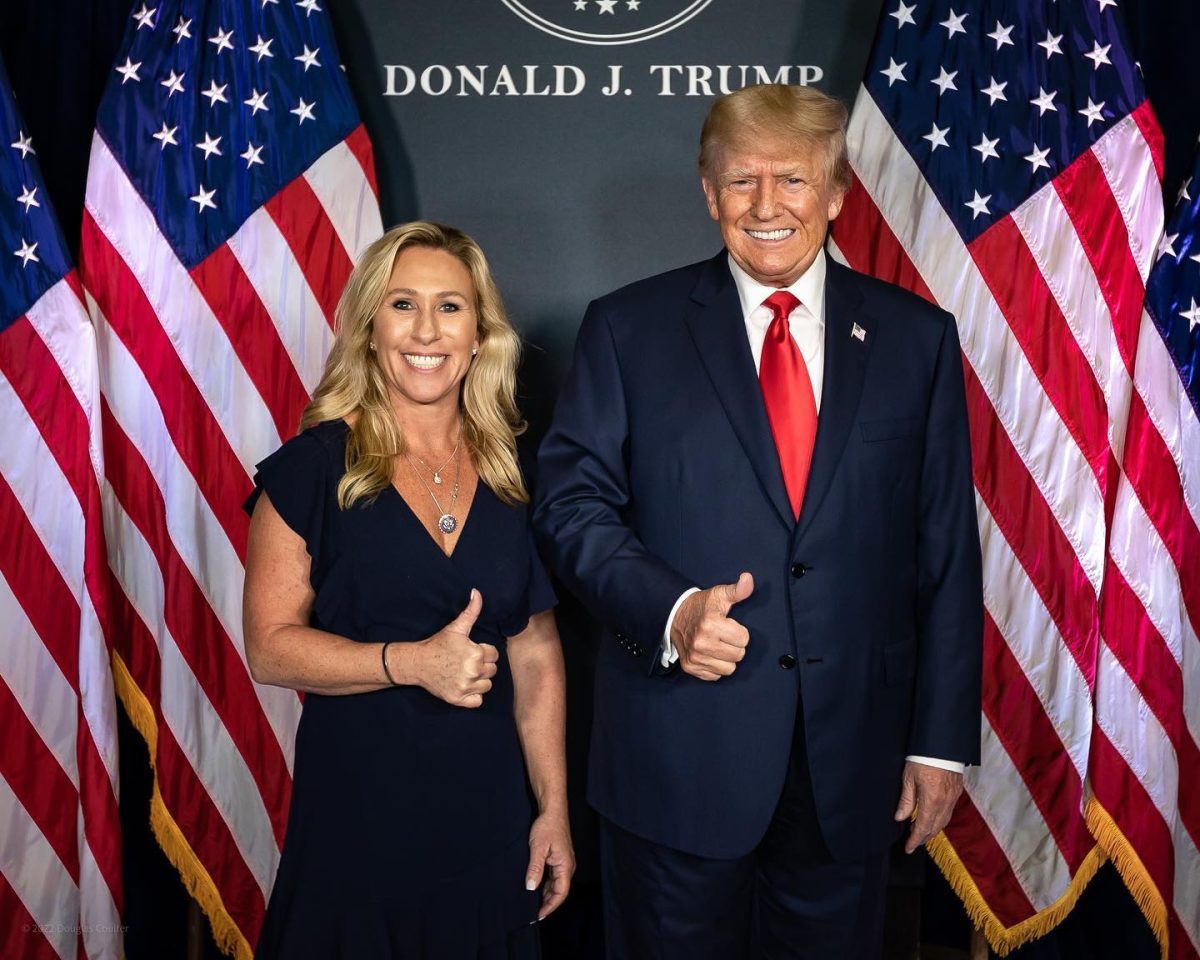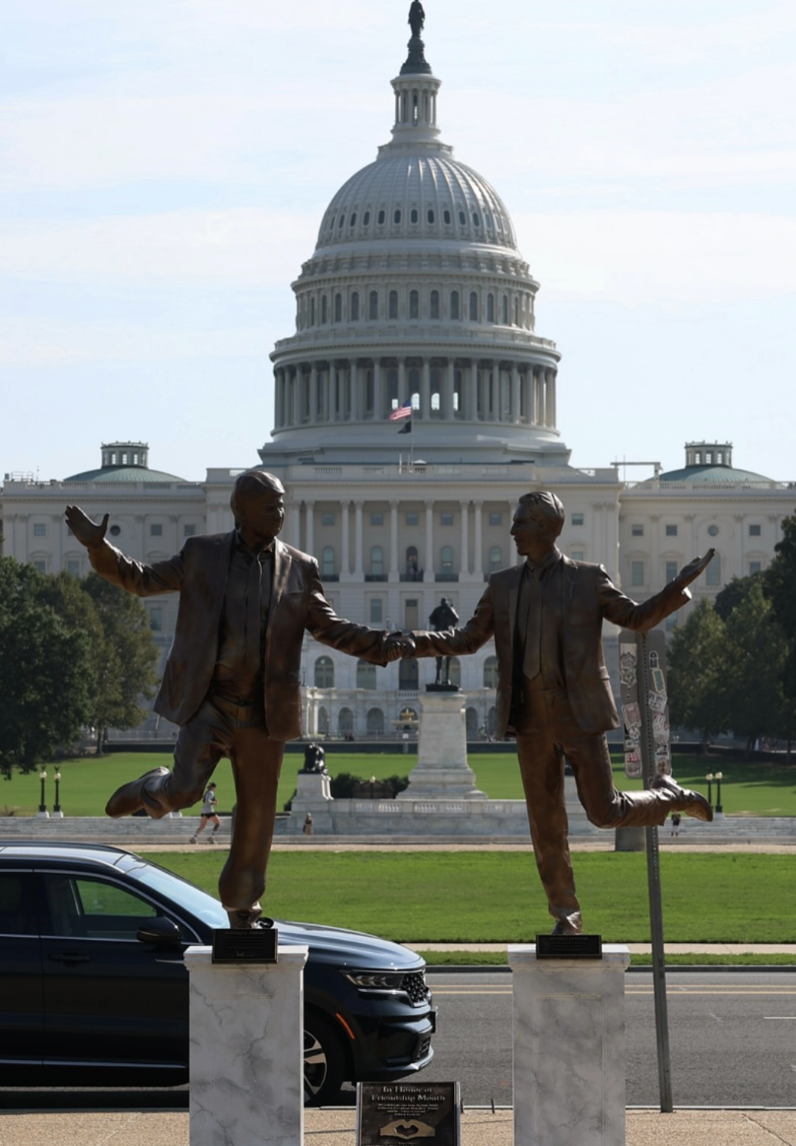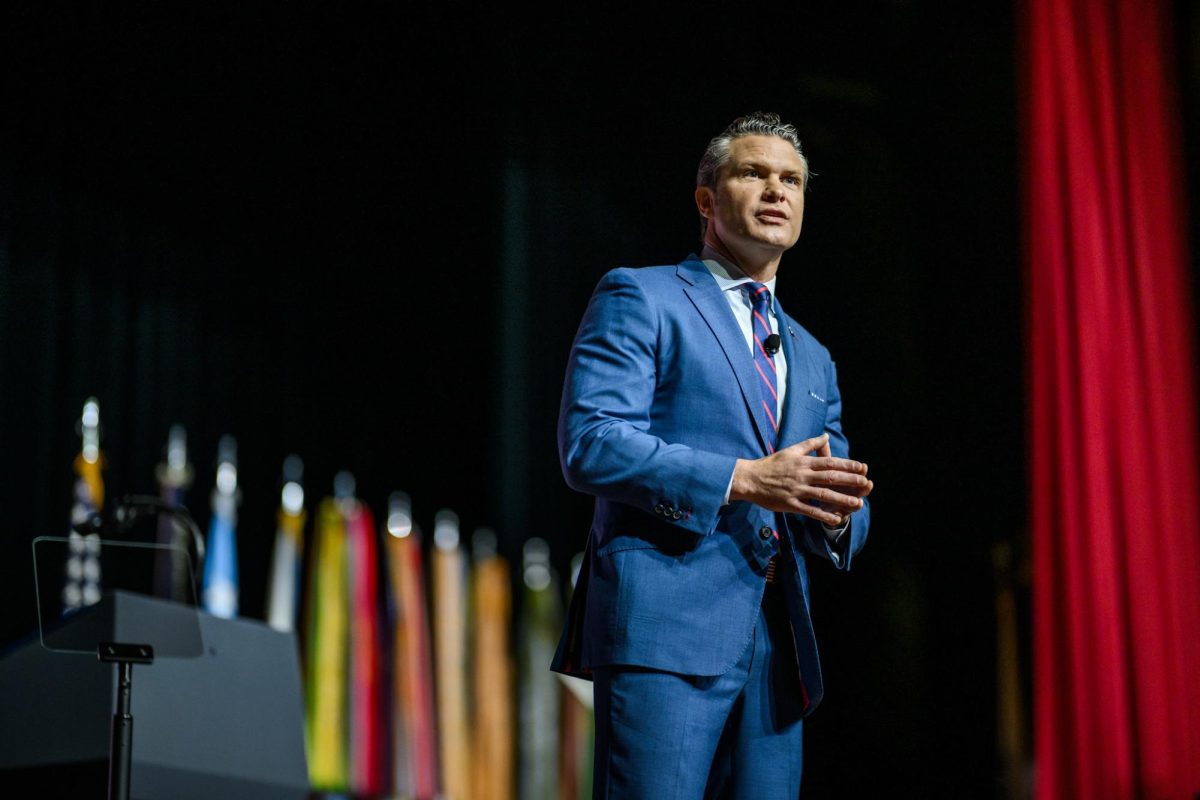Can friendship survive an increasingly polarized society divided by political belief? Or, should you hit the “unfollow” button when someone posts an opposing political opinion?
In today’s world, people distance themselves from friends, partners, and even family members due to politics. Past generations have been able to maintain healthy relationships with others despite their political party. So, why is our generation different?
In the past, intense political opinion was taboo—often kept out of conversation. But now, many people post their opinions on social media for everyone to see. If someone posts the “wrong” political opinion or goes against the general public, they could be “canceled.” Often, celebrities are exposed for having a family member or friend belonging to a certain political party and are canceled — despite never speaking on their own beliefs.
This intense outrage culture–where social media attempts to evoke emotions before sharing facts — contributes to the divide between different political opinions. The algorithm pushes content that relates to what consumers tend to like, so the content we view often reinforces our current beliefs, making it difficult to see matters from different perspectives. So, is social media a tool — or a burden? It has the potential to help people easily access different perspectives and opinions across political lines, but it’s used to deepen the divide.
It must be said that there is a line between policy-driven issues and moral issues regarding politics. Topics like taxes and infrastructure differ from issues such as abortion and LGBTQ+ rights. Policy-driven issues are debated to reach a common goal: bettering the world. By seeing other perspectives, compromise can be achieved, and policies can improve. People might disagree with a friend on the best way to handle these issues, but they can still respect each other’s opinions.
Then, there are moral matters, which depend on personal values. While people can agree to disagree about policy issues, they can’t compromise their values in relationships. People tend to feel strongly about moral issues, as they are often tied to human rights. To truly have a relationship with someone, people have to share the same moral values in order to respect each other as individuals. When people feel like their values aren’t shared, they have the right to cut their connections off.
In the end, relationships can be tools to grow and see matters from different perspectives. Instead of rejecting someone because they have different opinions, people should approach each other with respect and curiosity; however, people must prioritize their core values over relationships.


